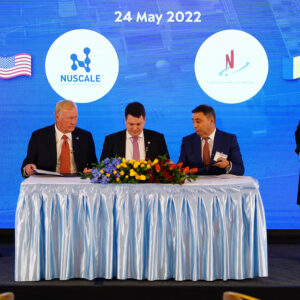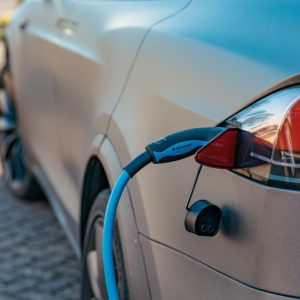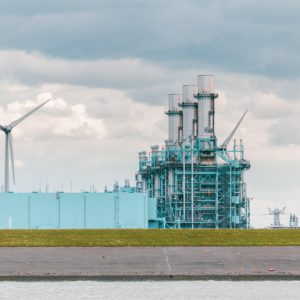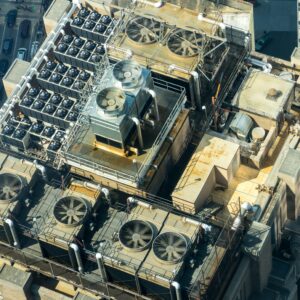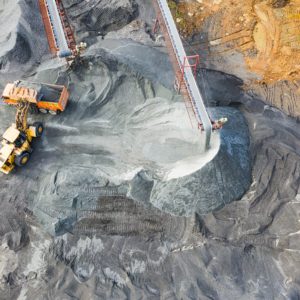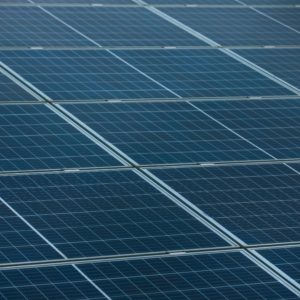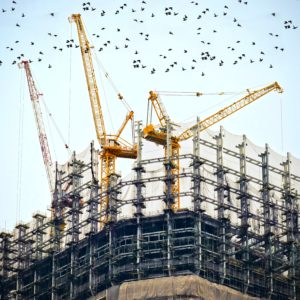Nuscale's SMR technology will reduce emissions and bolster energy security in Europe.
American Airlines Invests in Hydrogen-Electric Engine Developer ZeroAvia
"ZeroAvia's hydrogen-electric powertrain is designed to provide emission-free power for regional jet aircraft. The company's ZA2000-RJ powertrain model is expected to launch commercially in the late 2020s. ZeroAvia's team is working towards certain type certifications of its propulsion technology, including a 600kW powertrain designed for entry into service in 2024."
The barriers to an EV revolution
"While automakers are ramping up output and rolling out new models, EVs remain relatively scarce. Buyers often have long wait times."
U.S. power use to reach record high in 2022 as economy grows, EIA says
"EIA projected power demand will climb to 4,027 billion kilowatt-hours (kWh) in 2022, from 3,930 billion kWh in 2021, before sliding to 4,018 billion kWh in 2023."
Researchers in Colorado have figured out what makes air conditioners consume so much energy. It’s not the heat.
Mark Jaffe of The Colorado Sun reports on the impact that heat and humidity have on air conditioning. online pharmacy bactroban online with best prices today in the USA online pharmacy buy singulair online no prescription online pharmacy buy zocor online with best prices today in the USA online pharmacy purchase glucophage online generic Blue...
Biden wants minerals, but mine permitting lags
"The U.S. could hold enormous potential to produce these EV metals. Nevada is chock-full of lithium potential and experiencing a jolt in exploration for the metal. One company in Idaho is trying to mine the state’s 'cobalt belt.' Others in Alaska want to develop a coastal graphite deposit that could be one of the world’s largest — a hypothetical boon for U.S. battery makers."
U.S. solar faces new barriers after year of ‘crisis’
"Still, the legislation’s many boosts to solar might not overcome other counterweights, such as ongoing supply shortages, allegations of forced labor, uncertainty about a federal probe on tariffs and lengthening queues for solar farms to get on the electric grid, according to observers."
A New Green Revolution Is in the Offing
"This new biotech-enabled Green Revolution promises a future in which more food from higher yields grown using less fertilizer means more farmland restored to nature, less water pollution, and reduced greenhouse gas emissions."
We’ve Made It Nearly Impossible to Build in America
The government needs to get out of the way. It’s time to let America build again.
The Place With the Most Lithium Is Blowing the Electric-Car Revolution
“'Latin America specializes in killing golden geese and one of the quickest ways to do so is through resource nationalism,' said Benjamin Gedan, a Latin America expert at the Washington-based Woodrow Wilson Center who closely tracks the region’s lithium industry. 'This boom could very quickly turn to bust if bad policies are brought forward.'”
